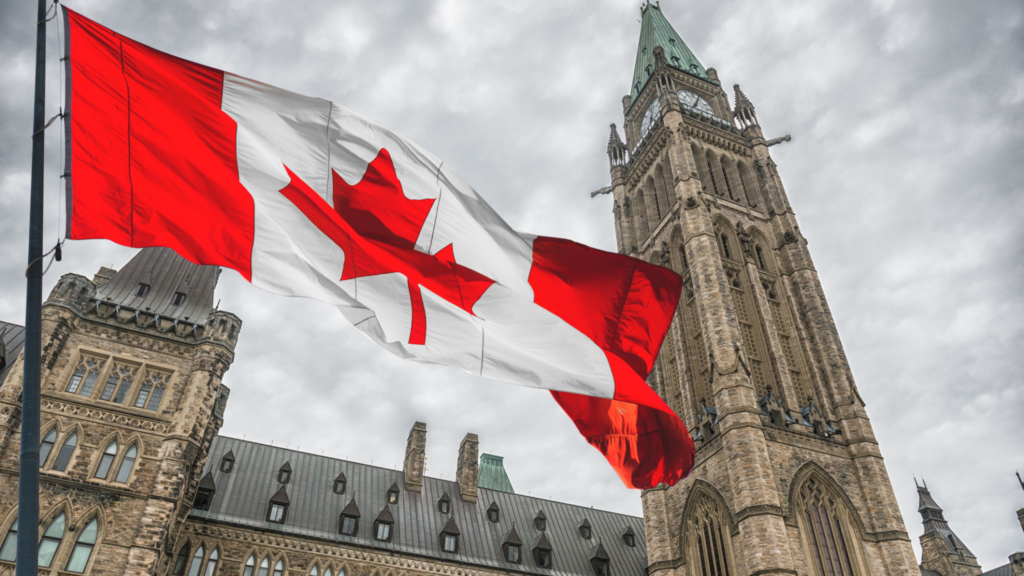Dental associations are still waiting for updates from the federal government on the final phase of the Canadian Dental Care Plan (CDCP), amid political uncertainty following Prime Minister Justin Trudeau’s resignation.
The CDCP’s final phase is set to launch in 2025 and will expand coverage to adults aged 18 to 65 who lack dental benefits and have an adjusted household income of less than $90,000 per year.
“No, we are still waiting to hear details on the next phase of the program,” said Dr. Jenny Doerksen, president of the Alberta Dental Association.
Quebec’s dental association also hasn’t received updates.
“We have yet to receive information regarding the expansion of the CDCP to adults aged 18 to 65,” said Dr. Marie-Claude Desjardins, president of the Association des chirurgiens dentistes du Québec (ACDQ).
“Ultimately, this [CDCP] program will give nearly three million Quebecers access to essential oral health care by reducing patient costs, which is a significant step forward in public health,” Desjardins added.
On Jan. 6, Trudeau, who has served as prime minister since 2015, announced that he would resign after a new leader of the Liberal Party is chosen on March 9, citing internal party “battles” as the reason for his decision.
This political shift raises questions about the future of the CDCP, a program born from a political alliance. In 2022, the Liberals launched the CDCP as part of an agreement with the NDP to secure the minority government until 2025. That year, Statistics Canada estimated that one-third of Canadians lacked dental insurance.
[Also, read: Poll: 62% of Canadians, from Liberals to Conservatives, back dental care plan’s continuation]
However, the CDCP has proven costly. The Canadian Institute for Health Information projected that health-care spending would reach a record $372 billion in 2024, equating to $9,054 per Canadian. Despite this, a recent report found Canada’s health-care system lags behind its international peers in access, equity, and wait times—outperforming only the United States. Limited access to dental and prescription drug coverage was highlighted as a key factor.
‘Created out of political pressure’
“As dentists, we do not play politics with people’s oral health,” said Doerksen. “The CDCP was created out of political pressure, and it initially lacked collaboration and engagement with dentists during its design. This led to confusion among patients and providers,” she added.
Desjardins echoed this sentiment, noting that significant challenges remain. “Many aspects of the RCSD [reduced cost-sharing design] remain cumbersome and complex, both for our members and for patients. Without essential adjustments, the substantial increase in beneficiaries is likely to generate considerable pressure on dentists and reduce the program’s effectiveness,” she said.
Both associations emphasized their commitment to prioritizing patient care and supporting policymakers through these transitions, a stance shared by the Canadian Dental Association (CDA).
“The CDA remains focused on ensuring the program works for both patients and dentists,” the organization said in a statement. “Political transitions can introduce uncertainty, but our priority is to work with any government to advocate for sustainable solutions that enhance access to oral health care for Canadians.”
The CDA highlighted three key areas it is discussing with Health Canada:
- Mitigating the risk of employers reducing private dental coverage for employees.
- Addressing workforce shortages in the dental sector, such as the lack of dental assistants.
- Ensuring clear communication so patients understand their eligibility and the program’s co-payment structure.
Meanwhile, Health Canada told Oral Health Group that the plan is currently is available for seniors aged 65 and above, adults with a valid federal Disability Tax Credit certificate, and children under 18. Eligible Canadians aged 18-64 will be able to apply this year, with further details and timelines to be shared as they become available through this page.
Source link

